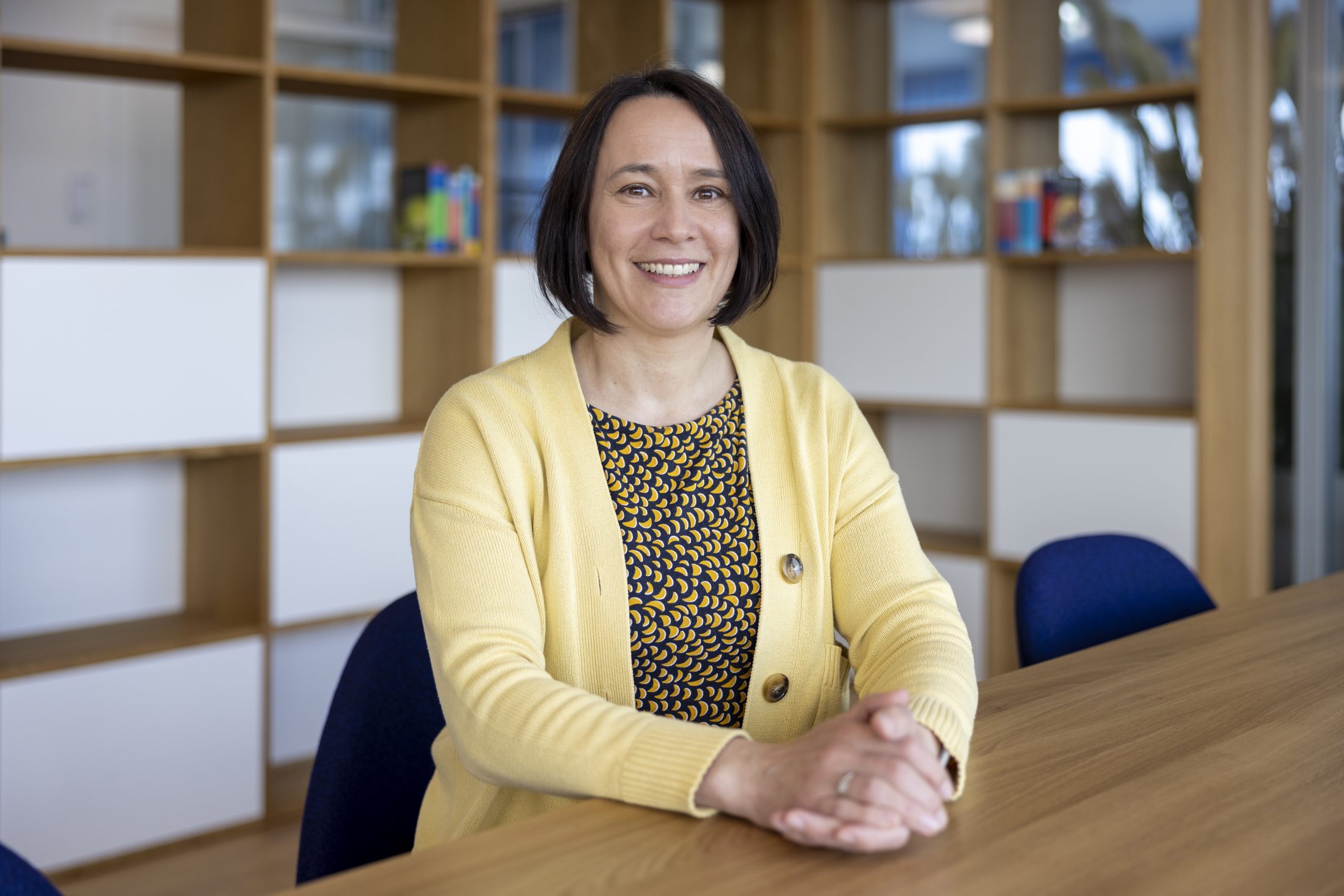“When beneficiaries become supporters – it’s the nicest thanks you can get”
ETH alumna and former scholarship recipient Monica Daigl has decided to pay it forward by supporting the current generation of young talents at ETH Zurich. In this interview, she discusses the connection between success and philanthropy.

© image supplied
© image supplied
What does a successful person look like to you?
MONICA DAIGL – For me, there are two components: first, having good ideas, and second, inviting others to be part of them. I recently read a book by Melinda French-Gates. She and her husband fit my view of successful people since they have shared their success with the rest of society.
You grew up in Campione d’Italia and attended high school in Lugano. What led you to ETH Zurich after that?
At the time, I knew a few people who had studied or completed their doctorates at ETH, and they were very happy with their decision. They warned me though that studying there was very difficult but said that the challenge levels served as motivation. Of course, I knew that Swiss German was spoken north of the Gotthard, but I wasn’t aware that truly everyone speaks in dialect. I still remember translating words in the margins of my lecture notes, for example “Umweltverträglichkeitsprüfung” (environmental impact assessment).
What do you remember best from your time at ETH?
My amazing classmates and teachers. They all wanted to make a difference in the world, and they’ve all been successful! As students, we had the opportunity to deal with and discuss hot issues early on, for instance the ozone hole, NEAT or organic food labels.
We often had case studies where we could work together with experts from that field. Having this access to specialised knowledge and being able to interact with experts on equal footing was a very nice aspect of studying at ETH. Our program had a very multidisciplinary setup, ranging from physics and chemistry to social science, law and economics. In this way, ETH taught us how to approach projects from a lot of different perspectives in order to develop holistic, long-term solutions. This is a skill that I still use today.
You received scholarships to support you during your studies. What did this support mean to you?
I wouldn’t have made it as far as I did without the scholarships. But it wasn’t only the financial support that meant a lot to me – it was also the amount of trust that was placed in me, by having people believe in me. This helped me believe that I could do it.
Today you are the one who is providing support to young people. Why is that?
In the US, people talk a lot about the concept of “giving something back”. For me, an even better expression is “paying it forward”. When you give something back, it’s a closed event, but when you pay it forward, the person who received support can also pay it forward again, and then the effect multiplies. Personally, I think it’s the nicest thanks you can get.


